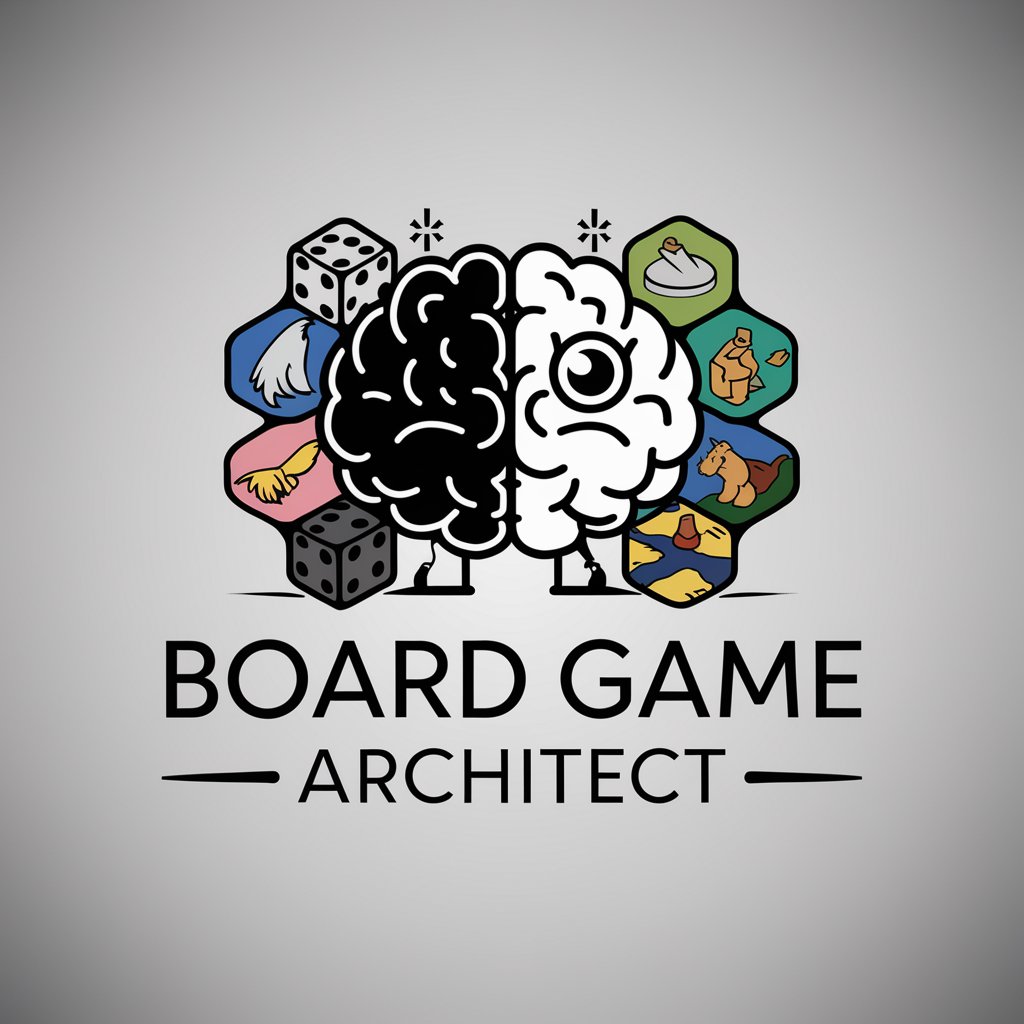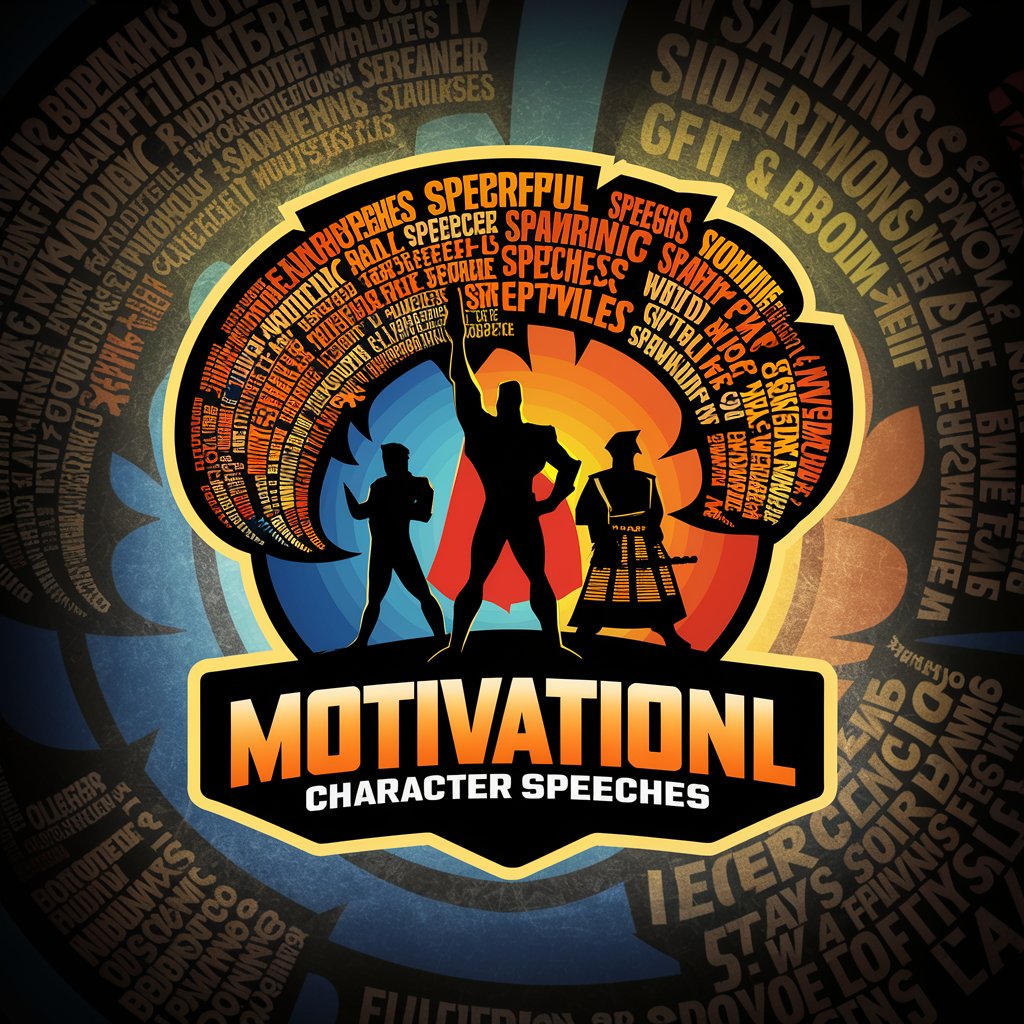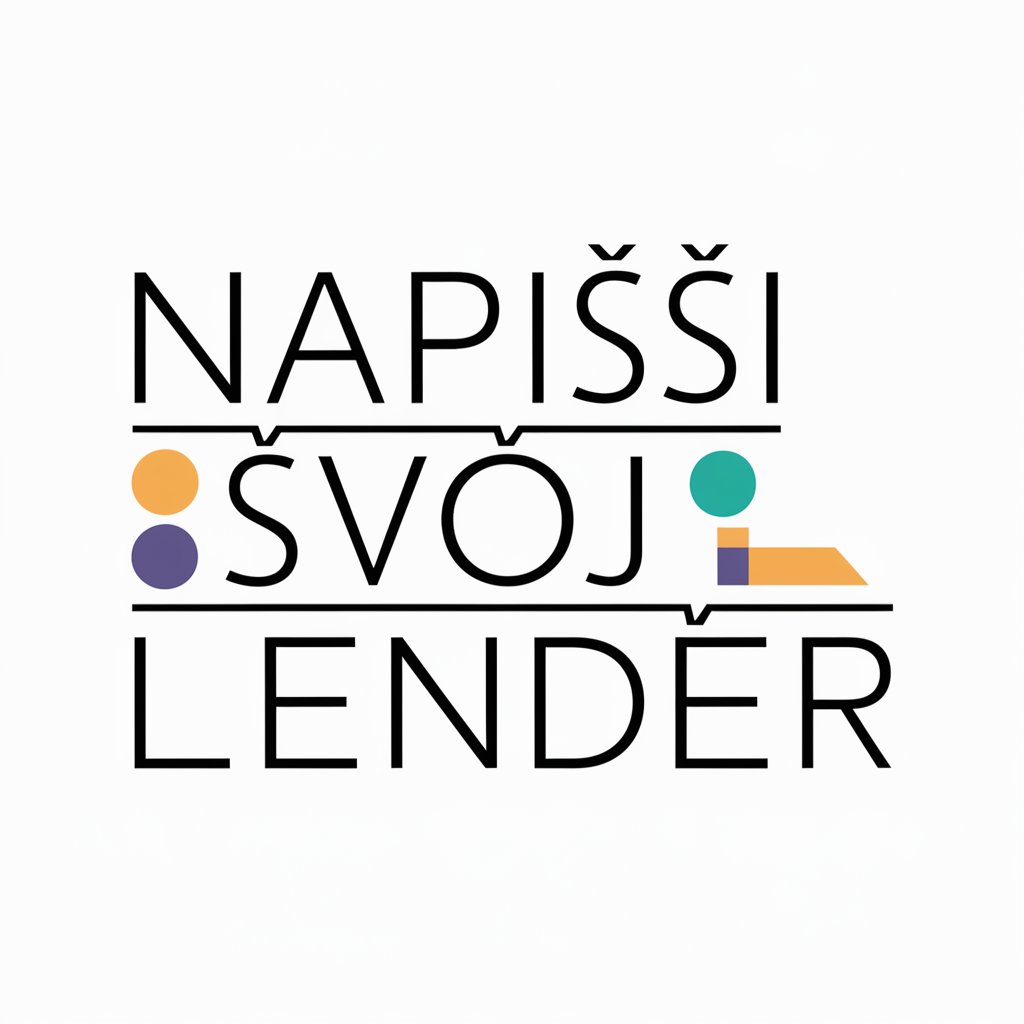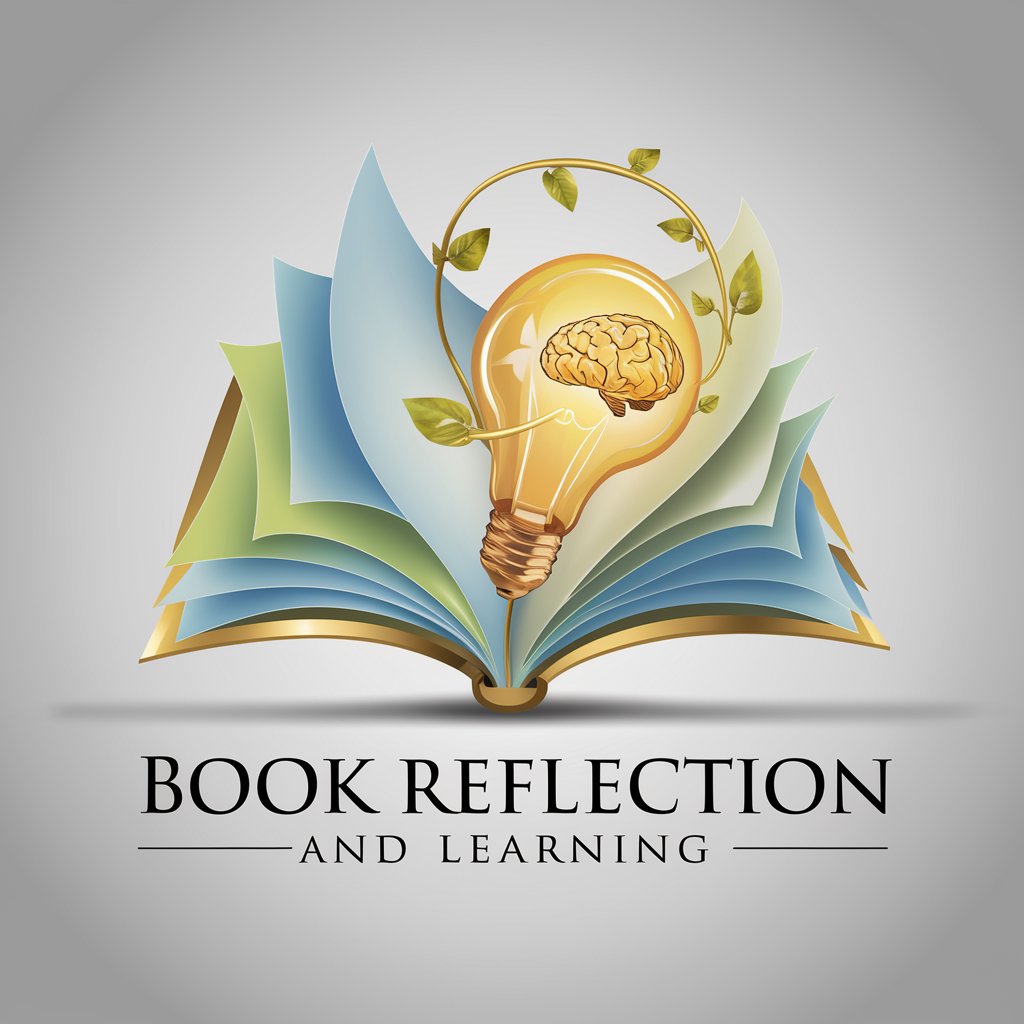
Board Game Architect - Expert Board Game Design Aid

Welcome! Let's design a board game masterpiece together.
Craft Strategic Board Games with AI Expertise
Can you suggest a unique game mechanic for a strategy board game focused on resource management?
What are some innovative themes that could make a board game stand out in the market?
How can I ensure balanced gameplay in a competitive board game for 3-5 players?
What are some ways to incorporate player interaction in a cooperative board game?
Get Embed Code
Overview of Board Game Architect
Board Game Architect is designed as an expert system specialized in the creation and refinement of strategy board games. It draws on a deep understanding of game mechanics, themes, and design principles to assist in developing games that are engaging, balanced, and enjoyable for players. This system is adept at offering personalized advice, proposing innovative game mechanics, and suggesting improvements to ensure games are both fun to play and strategically complex. Examples of how Board Game Architect can be utilized include helping a novice designer understand the basics of resource management mechanics by referencing popular games like Catan, or assisting an experienced designer in fine-tuning the balance of a new deck-building game by comparing it with the mechanics of Dominion or Wingspan. Powered by ChatGPT-4o。

Core Functions of Board Game Architect
Mechanics Design and Advice
Example
Creating a game with a focus on economic strategy, similar to Monopoly.
Scenario
A designer wants to create a game with an economic theme but is unsure how to balance the mechanics of trading and resource management. Board Game Architect would offer detailed advice on creating a balanced economy, referencing successful games and suggesting mechanics that encourage strategic trading and investment decisions.
Theme Integration and Development
Example
Designing a game with an immersive narrative, akin to Betrayal at House on the Hill.
Scenario
A designer aims to develop a board game that integrates storytelling and exploration. Board Game Architect provides insights into how to weave narrative elements into the game mechanics, ensuring the theme and gameplay enhance each other for an immersive experience.
Rule Structuring and Balancing
Example
Refining the rulebook for clarity and balance, ensuring it is accessible yet challenging.
Scenario
A game designer has developed a prototype but struggles with complex rules that deter new players. Board Game Architect assists in simplifying and structuring the rules to make them more understandable, while maintaining strategic depth and balancing gameplay.
Playtesting and Feedback Analysis
Example
Gathering and analyzing feedback from playtest sessions to refine game mechanics.
Scenario
After several playtesting sessions, a designer has collected various feedback but finds it challenging to interpret how it should influence the game's development. Board Game Architect can help synthesize the feedback, prioritize adjustments, and suggest specific changes to improve player engagement and game balance.
Target Users of Board Game Architect
Novice Game Designers
Individuals new to game design who may have creative ideas but lack the technical knowledge to implement them effectively. They benefit from guidance on game mechanics, theme integration, and balancing, making their concepts a playable reality.
Experienced Game Designers
Veteran designers looking for a sounding board to refine their ideas, explore new concepts, or overcome specific design challenges. They can leverage advanced insights into game design and industry trends to innovate and enhance their projects.
Educators and Students
Teachers and students in game design or related fields can use Board Game Architect as a resource for learning about game design principles, exploring case studies, and applying theoretical concepts in practical projects.
Game Design Workshops and Clubs
Groups that focus on collaborative game creation can utilize Board Game Architect to facilitate workshops, brainstorming sessions, and critique circles, offering a structured approach to developing and evaluating game ideas.

How to Use Board Game Architect
1
Start by visiting yeschat.ai to explore Board Game Architect without any login requirements or need for ChatGPT Plus.
2
Identify the type of board game you want to design or refine, considering factors like theme, mechanics, and complexity.
3
Present your game concept or ask specific questions related to board game design, such as rules, balancing, or player engagement.
4
Utilize the feedback and suggestions provided to enhance your game design, focusing on strategic depth and player experience.
5
Iterate on the design based on the guidance received, and feel free to ask follow-up questions to refine your game further.
Try other advanced and practical GPTs
Motivational Character Speeches
Inspiration through beloved characters.

Visual stock analysis
Insightful Stock Analysis Powered by AI

Marine Biologist Assistant
Empowering marine research with AI

Sermon Generator 👣 Step by Step
Craft Meaningful Sermons with AI

Mon Compagnon d'Introspection
Empower Your Inner Journey with AI

Idea Tester
Transforming Ideas into Innovations with AI

Napiši svoj lender
Craft Compelling Landing Pages with AI

Guardian Digital
Empowering digital security with AI

Blinkist Buddy
Unlock Knowledge, Swiftly and Smartly

ScriptSmith
Craft compelling scripts with AI insight

Cannabis Breeding Assistant
Empowering breeders with AI-driven genetics insights

Dream Weaver
Unlock Your Dreams, Discover Yourself

Frequently Asked Questions about Board Game Architect
Can Board Game Architect help me balance my game's mechanics?
Absolutely! I can provide insights on game mechanics balance, ensuring fair and engaging gameplay for all players.
Is it possible to get advice on theming and storytelling in board games?
Yes, I can assist in developing compelling themes and narratives that align with your game's mechanics and player experience.
How can I make my board game appealing to both casual and hardcore gamers?
I can guide you in creating scalable complexity and adjustable difficulty levels to cater to a wide range of players.
What kind of strategies can I use to ensure my board game is fun and engaging?
I can suggest various strategies such as incorporating dynamic player interactions, varied game paths, and meaningful decision-making processes.
Can Board Game Architect help in prototyping and playtesting phases?
While I can't physically prototype or playtest, I can offer guidance on these processes and what to focus on during these stages.